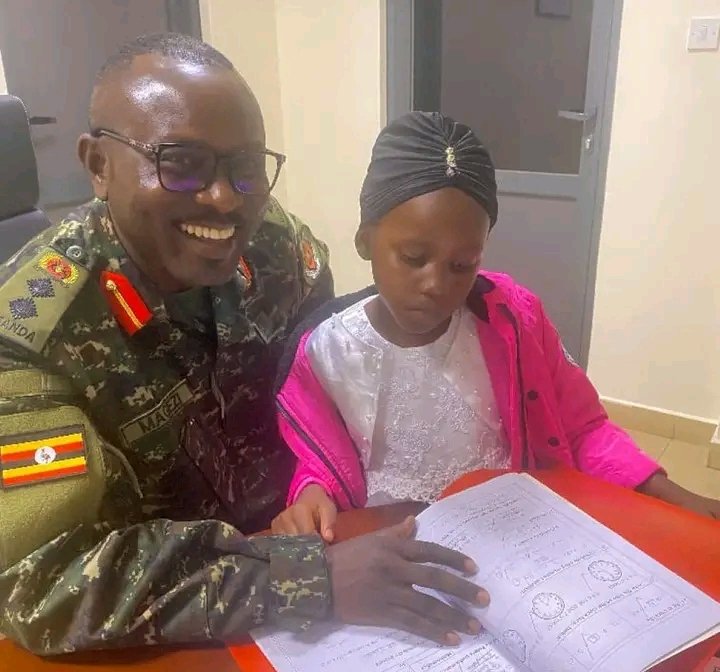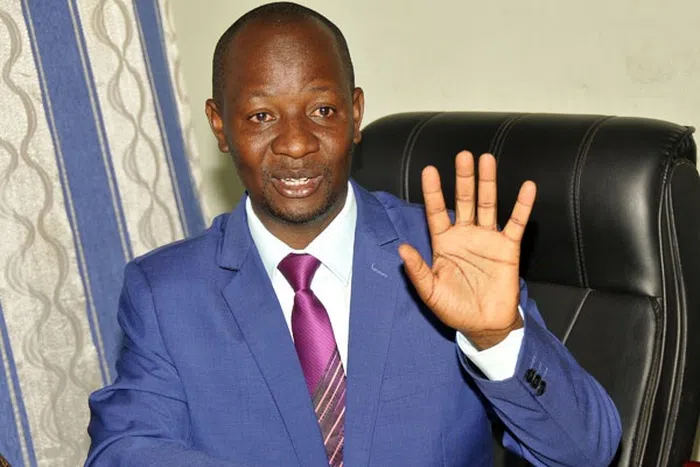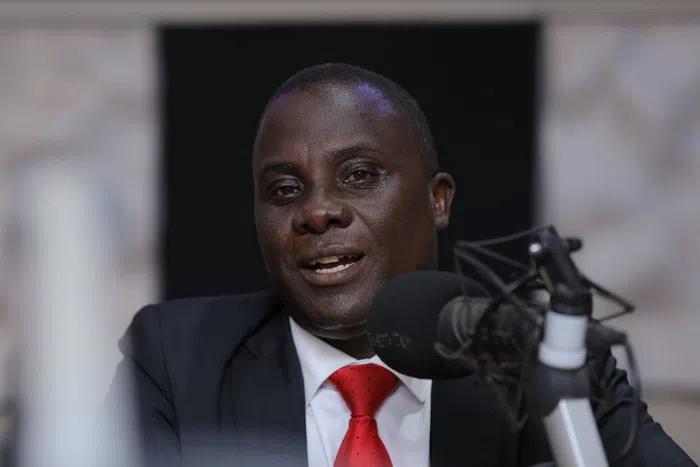
“Bury Her in the Arabian Sands”: Ugandan Family Disowns Deceased Kin in UAE Over Financial Dispute
DUBAI, UAE – A tragic tale of unfulfilled expectations and familial estrangement has emerged from the Ugandan community in the United Arab Emirates, following the death of a migrant worker and her family’s subsequent refusal to repatriate her body.
The deceased, identified as Nalukwago Martha, passed away several weeks ago in the Deira area of Dubai from an unknown illness. However, her passing has been met not with mourning, but with anger and rejection from her family in Uganda.
In a shocking decision, Martha’s relatives have publicly disowned her, stating they will not contribute any funds to have her body flown back to Uganda for burial. They have suggested that her remains should be interred in the “hot Arabian limbo,” a stark reflection of their bitterness.
The root of the conflict, according to family members, stems from Martha’s five-year stint working abroad, a period known colloquially as ‘kyeyo’. They claim that throughout her entire time in the UAE, she never sent any financial assistance back home.
“Not even a single coin,” a family member lamented. “She never helped anyone, not even relatives who were in desperate need. The worst part is that she blocked all our contacts, cutting us off completely.”
This perceived abandonment has led the family to believe that Martha was withholding her earnings from them. Their refusal to fund repatriation efforts stands despite the Ugandan community in the UAE managing to raise some money to assist with the costs.
The situation underscores a painful and common pressure faced by many migrant workers from Uganda and across East Africa. An analysis of the case points to a significant disconnect between the financial expectations of families back home and the harsh realities of life abroad.
Recruitment agents often advertise lucrative salaries to attract potential workers, creating a perception of immense wealth. For instance, advertisements suggest that domestic workers (akadama) can earn between Shs 900,000 to Shs 1.2 million per month, while security guards can make up to Shs 5 million.
When relatives perform mental calculations based on these figures over a period of three, four, or in Martha’s case, five years, they envision substantial savings. This makes it incredibly difficult for them to accept explanations from their loved ones abroad about financial struggles, high cost of living, debts incurred to secure the jobs, or other unforeseen hardships.
For Martha, this expectation gap has created a final, heartbreaking impasse. As her body remains in a morgue thousands of miles from home, her story serves as a somber cautionary tale about the heavy weight of financial obligation and the fragile bonds of kinship strained by the pursuit of a better life.









